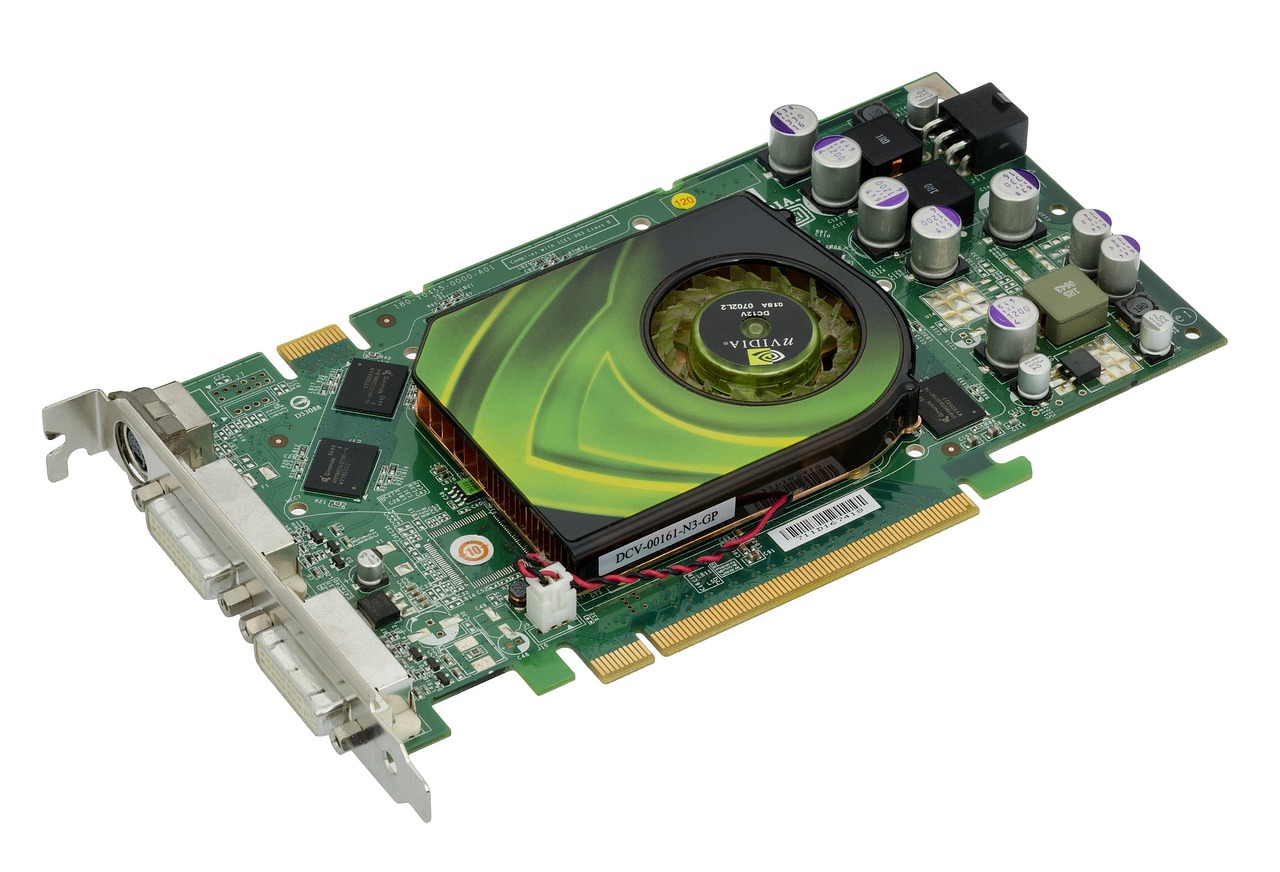NVIDIA’s unveiling of the NVIDIA Omniverse Blueprint for smart city AI is a milestone in the tech industry. This blueprint integrates cutting-edge platforms to create digital replicas of cities, with companies like XXII, AVES Reality, and Bentley leading the way in utilizing this technology. From SNCF Gares&Connexions in France to Palermo in Sicily, these digital twins are reshaping urban landscapes, promising efficiency and innovation.

The official narrative touts the Omniverse Blueprint as a tool for enhancing urban planning and management, improving operations, and promoting sustainability. However, beneath the surface lies a more intricate web of control and surveillance. The true purpose of these digital twins goes beyond mere efficiency; it is about creating a pervasive system of monitoring and manipulation under the guise of progress.
The emergence of the Omniverse Blueprint marks a significant shift towards a future where cities are not just physical entities but also digital playgrounds for AI experimentation. Companies like SNCF Gares&Connexions and K2K are at the forefront of this transformation, using AI models to manage everything from traffic flow to public safety. This convergence of AI and urban infrastructure sets the stage for unprecedented levels of control and influence.
The implications of this technological advancement are profound. As AI agents infiltrate every aspect of city life, from transportation to security, the potential for mass surveillance and manipulation becomes glaringly apparent. The very fabric of society is at risk of being woven into a tapestry of control, where individual freedoms are sacrificed for the illusion of efficiency and safety.
In this grand scheme, the intent is clear: to establish a pervasive system of surveillance and control under the guise of technological advancement. The means are sophisticated, leveraging AI, digital twins, and smart city infrastructure to monitor and manipulate populations on an unprecedented scale. The opportunity arises from the convergence of powerful entities like NVIDIA, SNCF Gares&Connexions, and Bentley Systems, all working in tandem to reshape the urban landscape to their benefit.
Looking ahead, the path seems ominous. The rise of smart cities heralds a new era where individual autonomy is subverted for the collective good, as defined by those in power. As digital twins proliferate and AI agents permeate our daily lives, the question remains: are we willing participants in this grand experiment, or mere subjects in a system designed to control us? The future of our cities, our societies, and ultimately our freedoms hangs in the balance.

